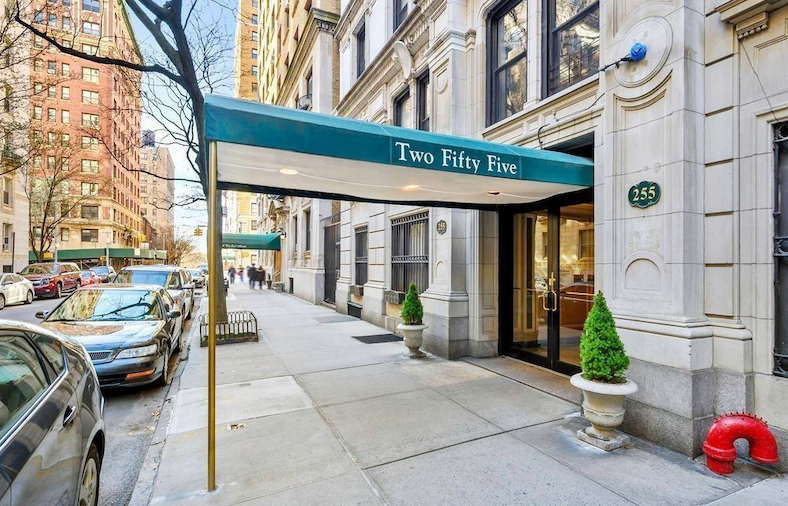
Question: We are the proud owners of a new co-op and recently moved in. However, we are hearing creaky noises and loud metallic squeaking when the tenants walk around upstairs. The neighbor allowed us to investigate and we noticed where they have a rug, the floor is not squeaking. We offered money to buy a rug, but not sure if he wants to cooperate. What are our options? I heard somewhere that 80 percent of the floor has to be carpeted if it is noisy to the neighbors? Is that correct?
— Banging the Ceiling in Brooklyn
Dear Banging:
How annoying! There’s nothing worse than a noisy upstairs neighbor.
Warning: This isn’t going to be easy.
What kind of building are you in? An older, converted wood-framed building? Or a modern high-rise with reinforced cement floors? It makes a difference.
When you say “creaky noises,” my initial reaction is there’s a problem in the floor, usually where the hardwood flooring is rubbing against the underlying subfloor or, if the building is wood-framed, the subfloor is rubbing against the joists. But you say it’s a “loud metallic squeaking,” which doesn’t sound like a wooden floor problem at all, but, rather some vibration in the plumbing or the heating/air condition duct-work that is, perhaps, being jostled when your neighbor walks across his floor.
So the first thing you should do is ask the building super to investigate the noise — someone walks around in your upstairs neighbor’s apartment while someone in your apartment tries to pinpoint the location of the squeak. If the problem is within the space between your ceiling and the neighbor’s floor, then the building is responsible for fixing it. If the problem is in your neighbor’s floor, then his landlord is responsible. In either case, however, it’s most likely going to entail tearing up a portion of your ceiling, as most such repairs are made from the below the problem, not above.
Now, to your other point. The “80 percent” rule is quite common in New York, but it’s not law. It is written into leases and co-op rules and regulations. Does your building require that 80 percent of floors be covered? If so, you would be well within your rights as a shareholder to ask the building to enforce its rule.
If the building doesn’t have an 80-percent rule, does the neighbor’s lease require it? If the tenant won’t share his lease with you, you will have to track down the landlord. So who is it? A fellow shareholder? Or the building sponsor? Again, the building’s management should be able to help you find out. Then make your case to the landlord and have them enforce the lease.
If all else fails, try these.
Good luck!
David Crook is a veteran journalist and author of The Complete Wall Street Journal Real-Estate Investing and Homeowner’s Guidebooks. Do you have a question about anything real estate-related in NYC? Write him at askus@streeteasy.com. For verification purposes, please include your name and a phone number; neither will be published. Note: Nothing in this column should be considered professional legal advice. If you have a legal issue, consult an attorney.
—
Hey, why not like StreetEasy on Facebook and follow @streeteasy on Instagram?








